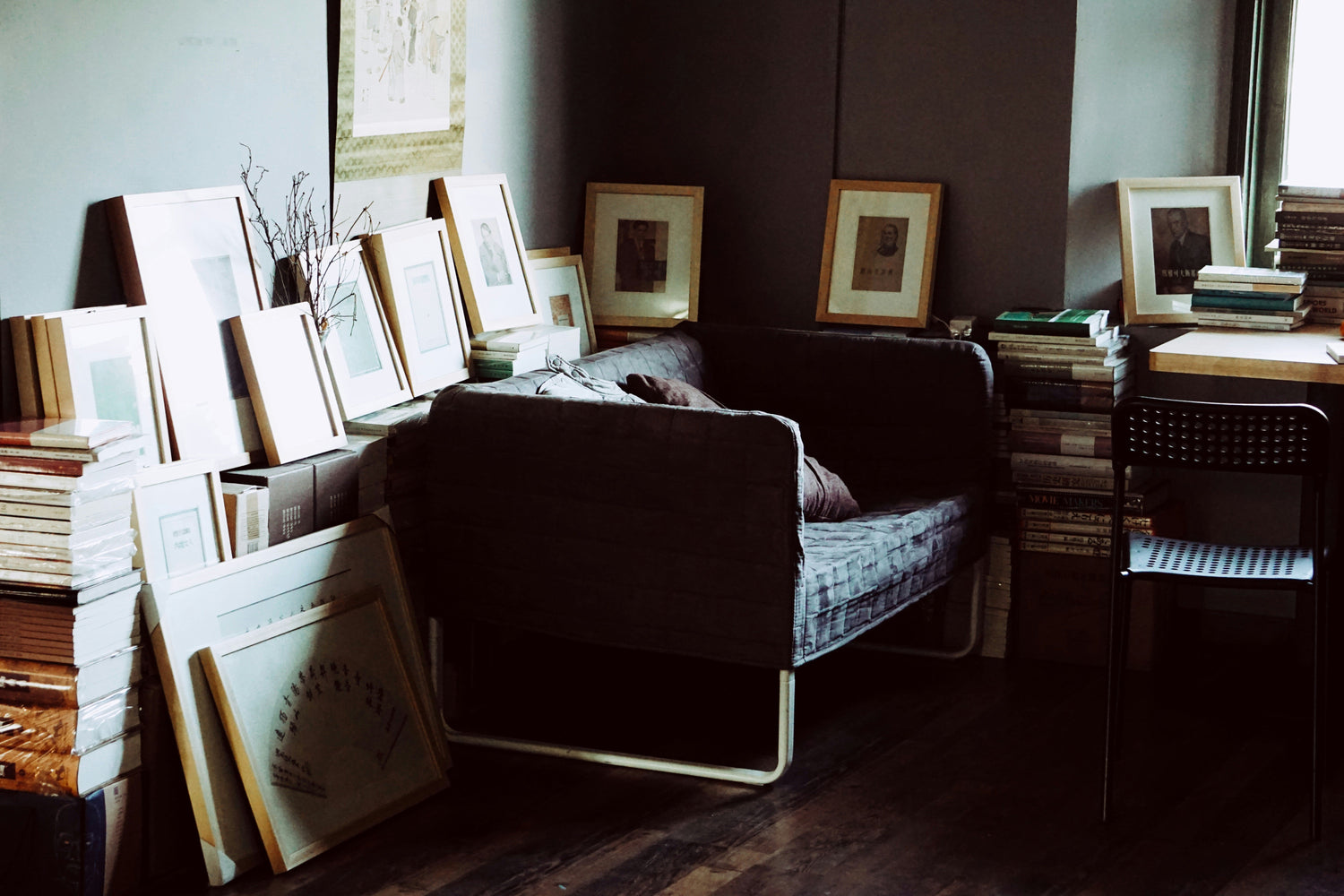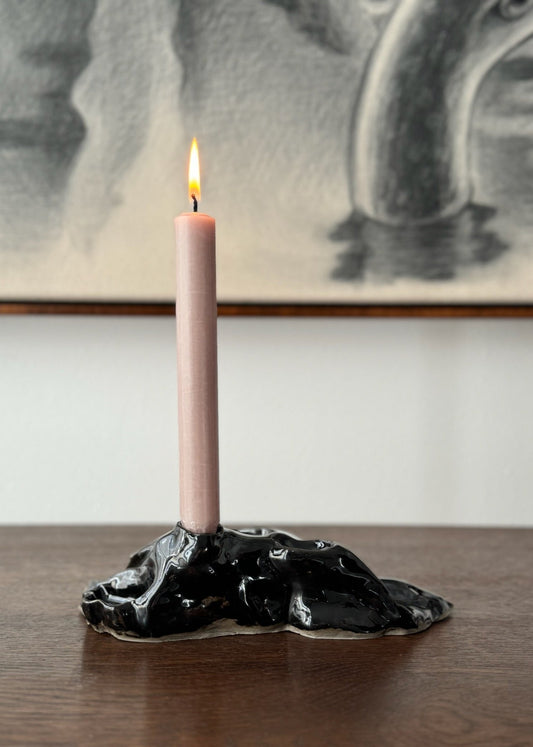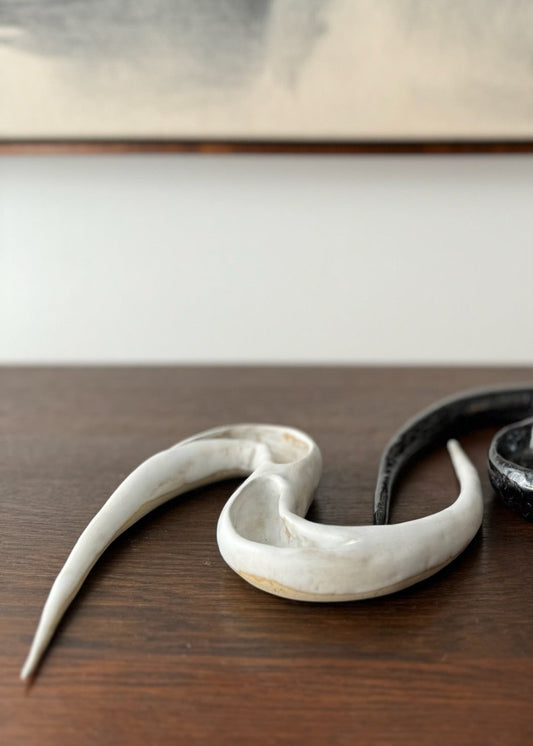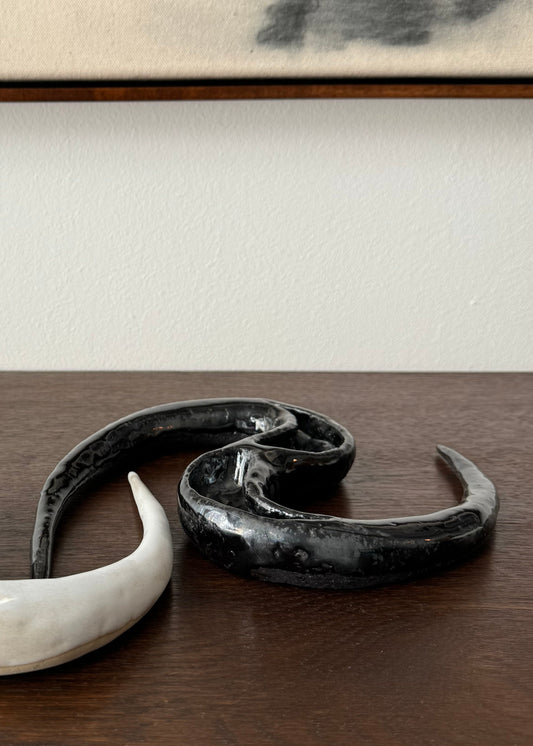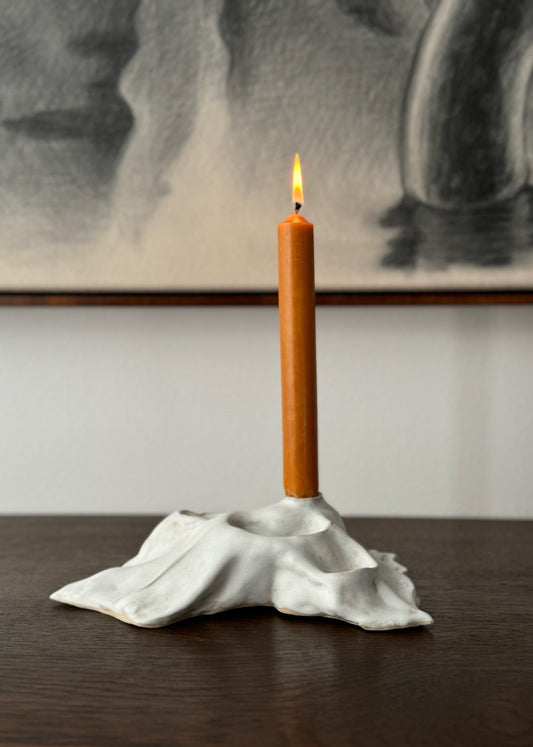Born in 1993 in Calw, Germany, Aline Schwörer lives and works in Berlin. Alongside her artistic training at the Universität der Künste (UdK) in Berlin with Prof. Christine Streuli, she studied biology. This combination informs her material- and concept-based approach to art. She studied at the Universität der Künste Berlin (UdK) in the class of Prof. Christine Streuli and was awarded the prestigious President's Award of the UdK Berlin in 2022. Her work explores tensions between naturalness and artifice, decay and regeneration, and often presents objects that appear as hybrid, archaeological or futuristic relics.
Schwörer’s ceramic practice is deeply rooted in material inquiry and conceptual framing: she uses clay, glazes, and often integrates experimental processes such as making her own bioplastics or moulds from agar agar rather than conventional materials. She treats ceramics as a kind of archive of transformation: objects shaped by time, environmental change, and the human footprint. In doing so, Schwörer merges craft-based practices (hand-modelling, glazing, firing) with installation- and sculpture-based concerns (scale, context, hybridity). Her ceramic objects often loom as future-fossils, evoking both a history of making and a speculative prognosis of how materials and organisms might intertwine.
In Schwörer’s work the imagery is subtle but powerful: the forms suggest shells, seeds, capsules, fragments of terrain, or relics from an imagined biotope. Her ceramics invite us to consider how the environment moulds objects—and how, in turn, objects might bear witness to environmental change, human intervention, or alien ecologies. Naturalness and artificiality merge: the glazes and forms may shimmer or glow, the clay surfaces may appear eroded, transformed or fossilised. Schwörer creates a taxonomy of objects that inhabit the liminal space between organic life, manufactured artefact, and speculative future remains.
